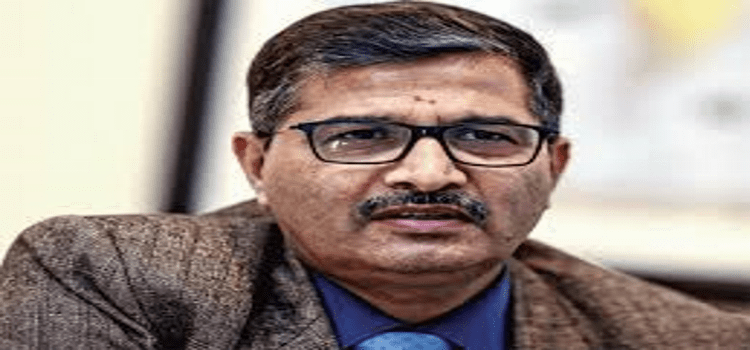
The Indian Railways is undertaking massive structural, cultural and process reforms to improve ease of doing business, even as it is focussed on growth and consolidation of its enormous operations, Railway Board chairman Ashwani Lohani has said.
The 164-year-old railroad network, the world’s fourth-longest, is trying to empower those at the field level, and is ready to hold industry-specific dialogues with the private sector, Lohani told a gathering of chief executives and fund managers at a Round table meet on ‘Railways – The Engine of Growth’ – part of a series on infrastructure. “We have done away with age old petty practices and are cracking down on corruption. It’s a tall order, no doubt, but at least we have started moving in that direction,” Lohani said. The railways is also finalising a few corridors because existing ones are choked and burdened with a wide spectrum of services, with average speeds ranging from 18 km per hour for goods to 45 km for passenger trains.
Industry executives at the event lauded the efforts of the railways, but suggested steps like a truly empowered regulator, clarity on longterm purchases and a strategy whereby the railways focuses on running core operations, leaving other services to the private sector.
Sujoy Bose, CEO, National Investment and Infrastructure Fund Ltd, said there was enormous potential for private investment and that the fund was interested in public-private partnerships (PPPs) in services such as development of cargo and dedicated freight corridors, railway station developments, and electrification.
To help PPP succeed, the railways needs a truly independent regulator, said Vinayak Chatterjee, chairman of Feedback Infa. He also flagged concerns about how the railways would meet its enormous fund requirement, particularly in the short term. Industry leaders said Indian companies can operate globally.
“Why don’t we have an Indian global rolling stock manufacturer? Why do we have to go outside in the world, because when it comes to railway rolling stock, we always look outside our country,” said Umesh Chowdhary, vice chairman and managing director, Titagarh Group.
He said other countries partnered with their manufacturers. “Is there a way the railways can actually think in terms of doing the same and having an Indian multinational which can first cater to the demands of the growing needs of the Indian railways and then become global there?”
Unmesh Abhyankar, a top executive with the Adani Group, said: “There needs to be certainty of permitting us to invest in wagons, because we tie up with the customers, make commitments. You are coming out with a liberalised wagon investment scheme …where railways makes a firm commitment and private sector is actually allowed to own the other wagons.”
Nalin Jain, president & CEO, international, GE transportation, said railways needed to become more customerfocused and shed ad-hoc decisionmaking. He said the process of adopting new technologies should be speeded up because the prevailing system took a long time for assessment and approval.
The Railway Board chairman said simplification of decision making was underway. He also accepted a suggestion by Mahendra Singhi, group CEO, cement, Dalmia Bharat Cement, that the railways should have industry-specific dialogues with the corporate sector. Singhi said industry and the railways can cooperate in making projections about growth and help reduce uncertainty. The steel sector also needs clarity on the metal demand of the railways and how the network would deal with the massive rise in cargo movement as India plans a big expansion in capacity.
“We are running a purely commercial business in a sarkari way,” he quipped. The railways is gung-ho about infrastructure and improving its signalling system, toilets and coaches. It plans to have bio-toilets in all trains by December 2018. Lohani said the Railway Board is doing 4,300 km of rail renewal this year and a lot of repair has happened in the last four months. Apart from station redevelopment, cleanliness is another area of focus.
